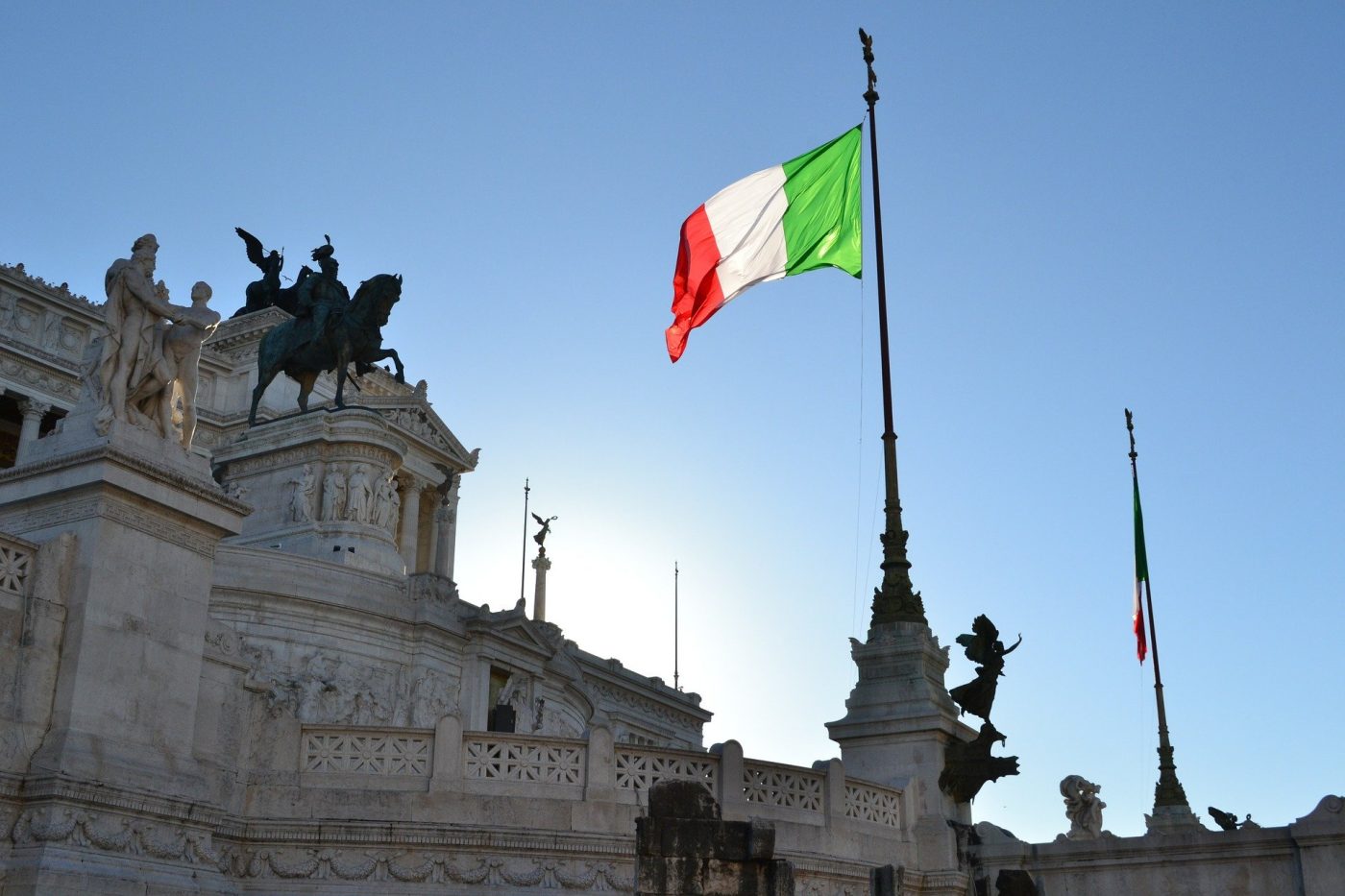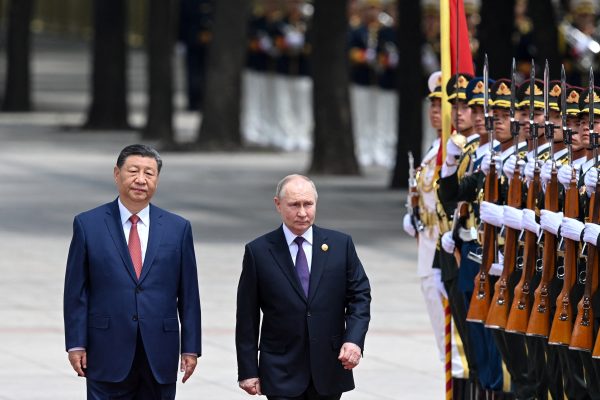It’s official: China and Russia used the covid-19 pandemic to propagate and spread disinformation in Italy, exploiting the emergency for their own interests, according to Copasir, the Parliamentary committee overseeing the intelligence services. The bipartisan report, authored by Enrico Borghi of the Democratic Party (Pd), draws on classified material provided by Italian government agencies.
In the past three months, Russia and China have transformed Italy into a decisive battleground for Europe’s geopolitical hegemony. Vladimir Putin and Xi Jinping sent tons of aid and dozens of doctors to Italy, together with a massive and unprecedented propaganda campaign, both on official and party channels and on social media. The result: democracy has gone out of fashion. A recent opinion poll shows 73% of Italians believe that liberal democracies failed the covid-19 test.
Russia and China played on the same field, but with different strategies. Russia took the leading role, the report says. The Kremlin was already entrenched in Italy’s politics and media. The crisis made its interference stronger and more effective. The report highlights the role of the Sputnik agency in disseminating questionable content and gives a silver medal for the state-run broadcaster RT. The committee describes how both outlets amplified news from Russian sources relating to Italy, with the goal of increasing confusion and panic, amplifying “public order problems in supermarkets” and also with references to migration. As the report explains, Russian disinformation campaigns “focus mainly on conspiracy theories to exploit the virus for their own purposes.” The goal, says the committee’s chairman, Raffaele Volpi of the Northern League, was “to create distrust in Western governments, in their health systems and in the scientific sector.”
The authorities in Beijing have taken a different approach. In official media and on social networks they praised the Chinese government’s response to the covid-19 crisis. They also praised the love of Italians for the Chinese Communist Party. Even at the cost of making everything up. Exemplary in this regard, the report says, was the promotion of the manipulated “Thanks, China!” video on Twitter by the foreign ministry spokesman Hua Chunying.
In both cases the goal is to show that authoritarian regimes beat the virus and democracies do not. Borghi notes that experience in South Korea and Germany demonstrates that democracies organize themselves better, “because they guarantee better health results and less decreases in freedoms.”
Francesco Bechis is a journalist at Formiche.
Common Crisis is a CEPA analytical series on the implications of COVID-19 for the transatlantic relationship. All opinions are those of the author and do not necessarily represent the position or views of the institutions they represent or the Center for European Policy Analysis.
Europe’s Edge is CEPA’s online journal covering critical topics on the foreign policy docket across Europe and North America. All opinions are those of the author and do not necessarily represent the position or views of the institutions they represent or the Center for European Policy Analysis.





